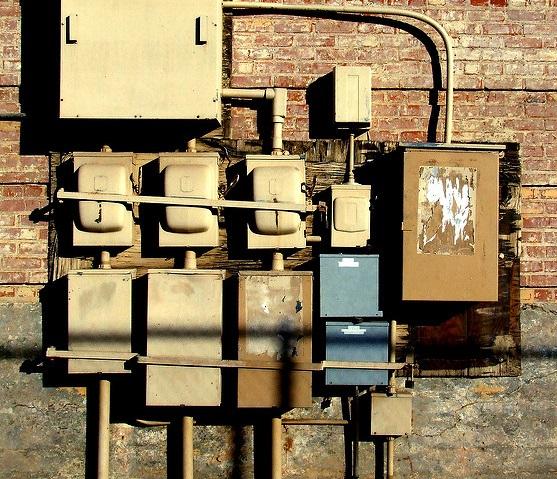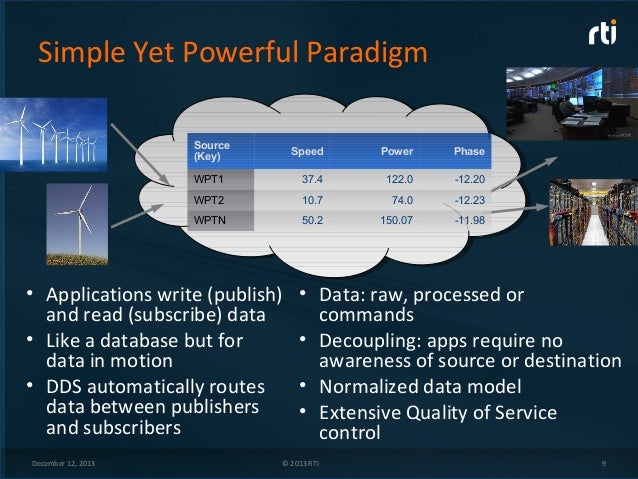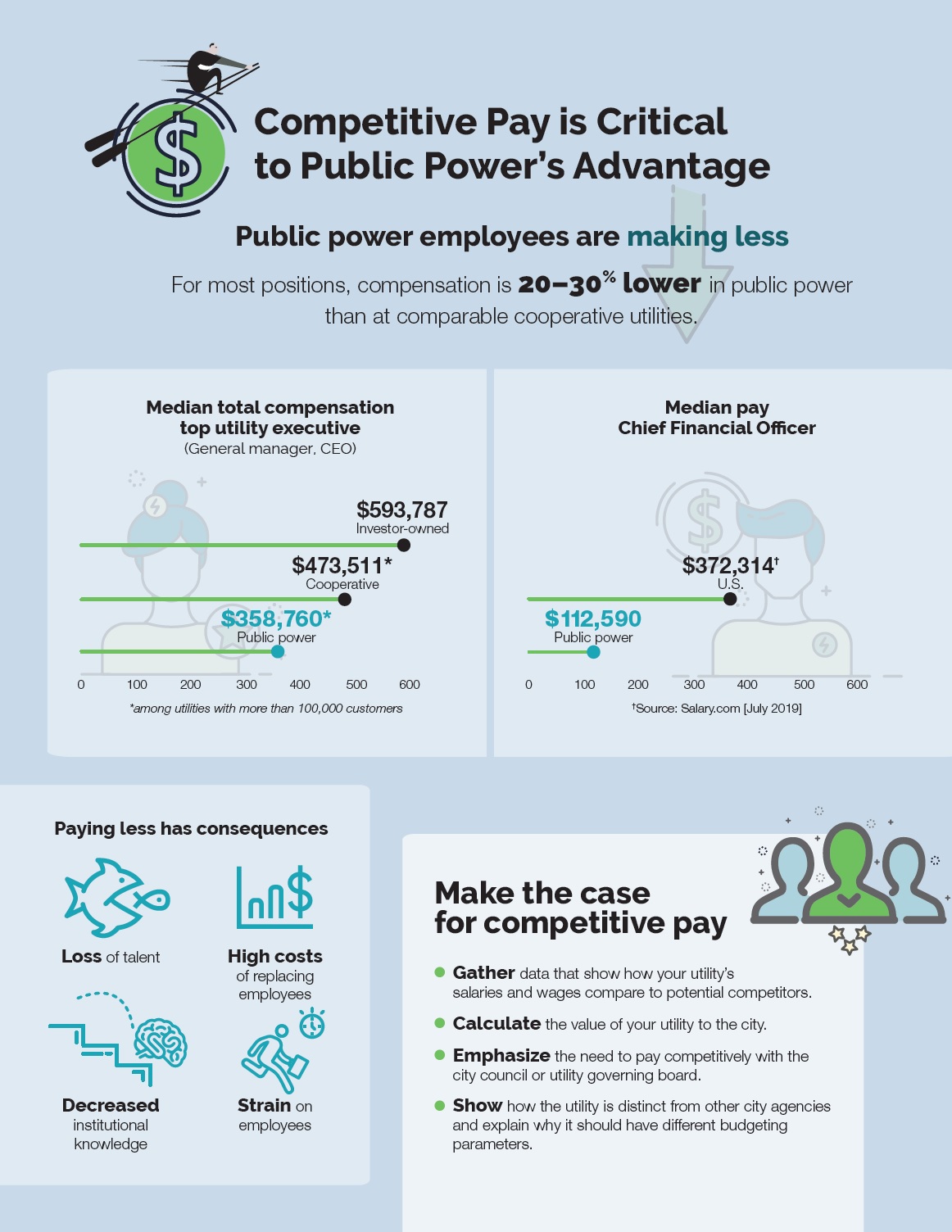

This is because utilities are more likely to invest in traditional forms of energy, such as coal and natural gas, which are more profitable. This can lead to a lack of choice for consumers and higher prices.įinally, utilities making money can also lead to a lack of investment in renewable energy. If a utility is making a lot of money, it may not be as incentivized to compete with other companies. This can lead to higher prices for consumers, as the utility will pass on some of its costs to them.Īnother drawback is that it can lead to a lack of competition. This is because the more money a utility makes, the more it can spend on things like advertising and marketing.


One is that it can lead to higher prices for consumers. There are a few drawbacks to utilities making money. Without a steady stream of revenue, they would be unable to provide the reliable service that we all rely on. In sum, there are many good reasons why utilities should be making money. This can help keep rates stable, or even lower them over time. That’s because utilities can use their increased revenue to offset rising costs, such as the cost of fuel or repairs. While it may seem counterintuitive, higher profits often lead to lower rates. By generating a profit, utilities can reinvest that money back into their systems, making much-needed repairs and upgrades.įinally, when utilities are profitable, it benefits ratepayers. Over time, pipes and power lines can become old and outdated, posing a risk to public safety. Without a steady stream of revenue, utilities would be forced to cut back on services or even shut down entirely.Īnother benefit of utilities making money is that it allows them to make needed improvements to their infrastructure. Perhaps the most obvious benefit is that it allows them to keep the lights on and the water flowing. There are many benefits to utilities making money. Ancillary services are typically sold to electric grid operators, who use them to maintain the stability of the grid. These services include things like energy storage, demand response, and transmission and distribution services. Ancillary services are services that are not essential to the delivery of electricity, but are required by the electric grid. The sale of ancillary services is the second way that utilities make money. The price of electricity is set by the state utility commission, and is generally based on the cost of generation, transmission, and distribution of electricity. Utilities sell electricity to customers based on the amount of electricity used, and the price per unit of electricity. The sale of electricity is the primary way that utilities make money. Utilities make money in two ways: through the sale of electricity and through the sale of ancillary services. Instead, they need to work within the framework set by state utility commissions. But because they’re subject to government regulation, they can’t just charge whatever they want. There are also a number of other ways that utilities can generate revenue, such as through the sale of surplus power, or by providing other services such as energy efficiency programs.Īt the end of the day, utilities need to generate enough revenue to cover their costs and make a profit. This helps to ensure that everyone pays their fair share, while also providing an incentive for customers to use less of the service. In most cases, utilities use a system of tiered pricing, meaning that customers who use more of the service pay more per unit than those who use less.

This includes both the cost of the service itself and the cost of maintaining and upgrading the infrastructure that delivers the service. So how do utilities make money? The answer is that they earn revenue by charging customers for the services they provide. In most cases, utility rates are set so that the utility can earn a return of around 10 percent on its investment. These commissions take into account the cost of providing the service, as well as the need to generate a reasonable return for shareholders. Instead, utility rates are set by state utility commissions. This means that utilities can’t just charge whatever they want for their services. But because utilities are natural monopolies – meaning there’s only one provider of the service in a given area – they’re subject to government regulation. Utilities are businesses, and like any business, they need to generate revenue to cover their costs and make a profit. How do utilities make money? Surely, if they’re providing a service that everyone needs, they must be raking in the cash, right? Well, actually, it’s not quite that simple. This is a question that we get asked a lot.


 0 kommentar(er)
0 kommentar(er)
